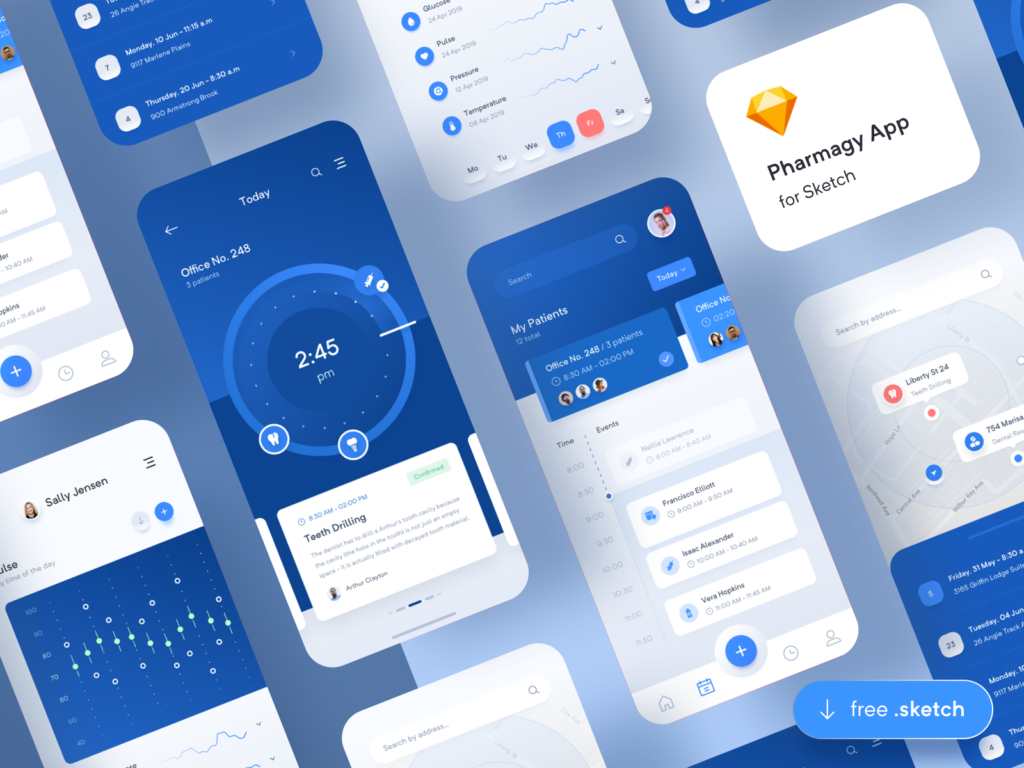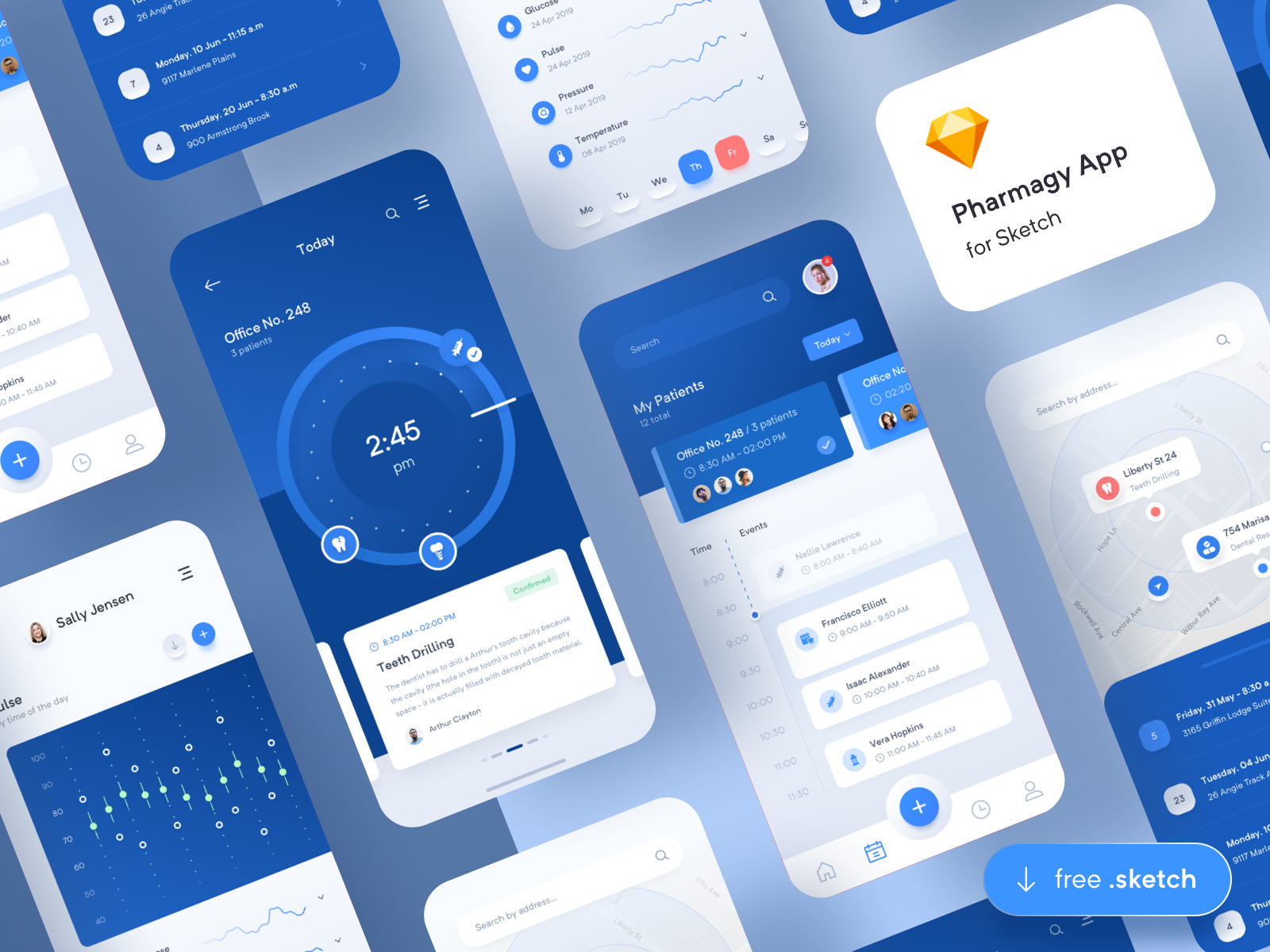
Technologies keep developing rapidly, providing various industries with fantastic benefits, including improved workflow, fewer mistakes, greater efficiency, and others. The healthcare industry also started to utilize modern advanced solutions to make work of medical personnel easier and more effective while ensuring the best possible experience for patients. In this article, you will find interesting info on medical apps and their benefits.
What Are Medical Services?
Medical services are a broad notion that includes, but not limited to, the following:
- Physician services;
- Rehabilitation services;
- Nurse services;
- Dental services;
- Therapist services;
- Hospital services;
- Home healthcare services and others.
In general, all these services are aimed at treating health problems and/or preventing their occurrence.
The Benefits of Medical Apps
Medical apps can improve healthcare services, making them faster, more effective, and cheaper. The main benefits that doctors can enjoy depend on the quality of application, which means its design, functionality, and other aspects.
Doctors can use such applications for the following purposes:
- Time and appointments management;
- Accessing and maintaining electronic health records;
- Prescribing medications;
- Billing;
- Communicating with patients and colleagues;
- Accessing important medical databases;
- Monitoring patient condition in real-time;
- Making clinical decisions.
A well-built application allows a patient to access professional healthcare services quickly, conveniently, and at a good price. A healthy person can use it for prophylaxis.
All in all, a high-quality medical app helps increase the level of patient satisfaction and revenue of an app’s owner.
What Are the Examples of Medical Applications?
Today, it is possible to find several medical applications that can be used for the improvement of healthcare services. A few examples of popular medical applications are described below:
Epocrates
It is an online app that can be used on both iOS- and Android-based devices. It has a wide range of features, such as:
- Drug info;
- Guidelines for doctors;
- Pill identification and others.
Pepid
This app for Android devices has been designed for paramedics and emergency room physicians. It allows for identifying a problem as quickly as possible.
Its main features include:
- Diagnosis generator;
- Drug interactions checker;
- Laboratory manual;
- Allergy checker and others.
Medscape
This application can be used on both iOS- and Android-powered devices by those healthcare specialists who need to get access to updated medical info, such as news, descriptions of new drugs, and so on.
The app includes:
- Medscape consult;
- CME & Education;
- News and perspectives and other features.
What Are the Stages of Medical Software Development?
The medical software development procedure is divided into several stages:
- Research;
- Creating a prototype;
- Making a design;
- Developing the app;
- Testing the app;
- Releasing the product.
To make an app fully matching a client’s expectations, it is important to choose the right tech stack. Technologies are used depending on the OS that it is supposed to be compatible with. For instance, a web app may be developed using existing platforms, such as WordPress, and languages, such as HTML5 and CSS3. When it comes to mobile app development, Java can be used for the development of apps for Android devices, while applications for iOS can be built using Objective-C.
Successful healthcare service is the one that ensures a safe, quick, confidential, and affordable way for a patient to get medical help. This goal can be achieved by adding the right features to the app.
Why Use the Services of Agilie?
The quality of your application significantly depends on the proficiency of designers, developers, testers, and other specialists involved in the development process. Also, an IT company should understand the needs of medical service providers and options available for them.
Check out Agilie (https://agilie.com/en/
